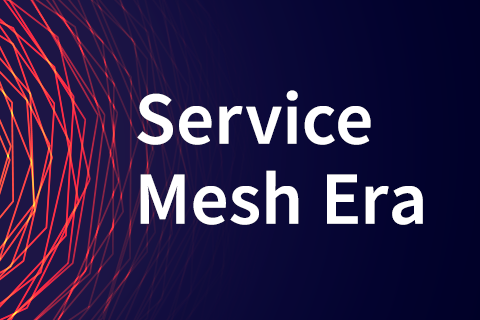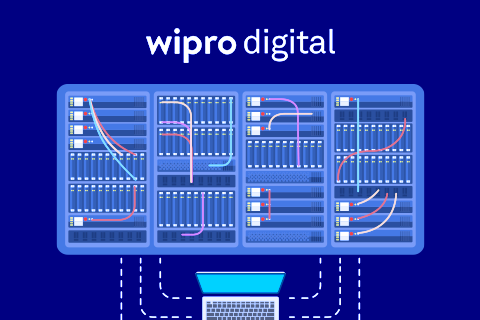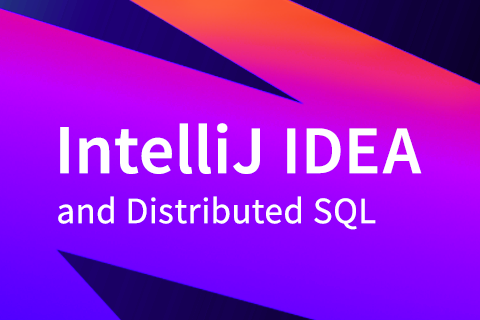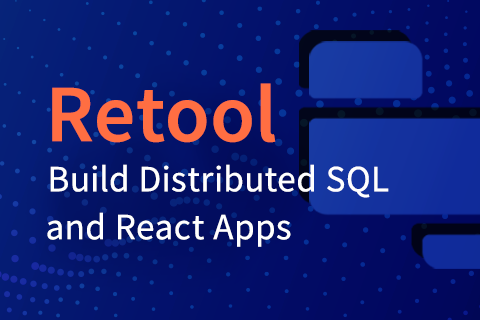Monitoring YugabyteDB in Kubernetes with the Prometheus Operator and Grafana
This blog post is written by guest author Bhavin Gandhi, Software Engineer at InfraCloud Technologies, Inc. InfraCloud helps startups, SMBs, and enterprises scale by adopting cloud-native technologies.
Using the Prometheus Operator has become a common choice when it comes to running Prometheus in a Kubernetes cluster. It can manage Prometheus and Alertmanager for us with the help of CRDs in Kubernetes. The kube-prometheus-stack Helm chart (formerly known as prometheus-operator) comes with Grafana,
…









